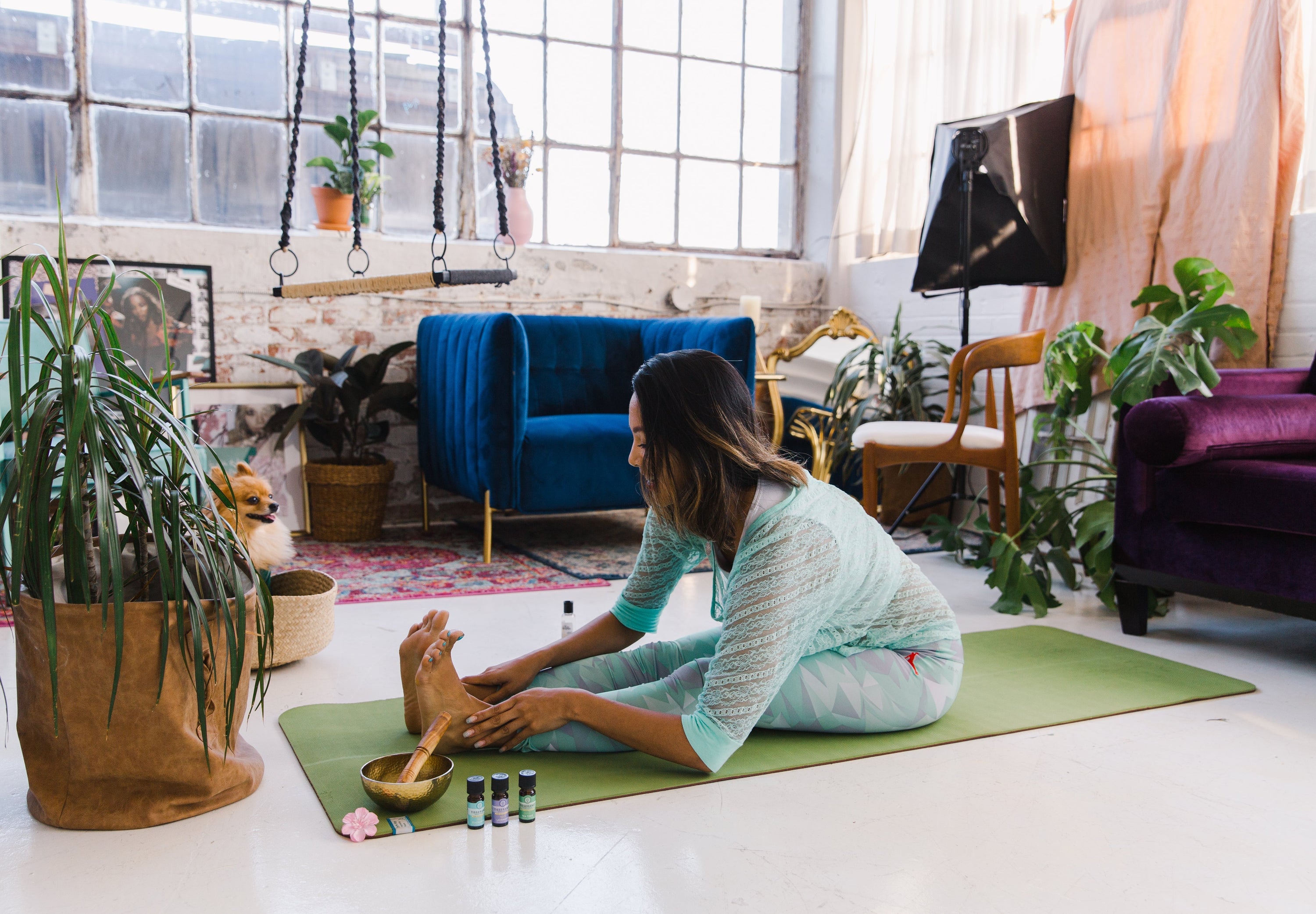
Understanding Free Radicals - Protecting Your Skin and Health
Free radicals are often mentioned in skincare and health discussions, yet few understand precisely how these molecules affect us. This blog aims to clearly explain the sources of free radicals, their damaging effects if ignored, how to spot early signs of free radical damage, and practical ways everyday people can reduce their impact.
What Are Free Radicals?
Free radicals are unstable molecules generated by normal metabolic processes and external environmental factors. Their instability causes them to seek electrons from healthy cells, creating oxidative stress - a damaging chain reaction that negatively impacts our bodies at the cellular level.
Main Sources of Free Radicals:
-
UV Radiation: Sunlight exposure generates a high number of free radicals, significantly affecting skin health.
-
Pollution: Air pollutants and chemicals in the environment intensify free radical formation, leading to inflammation and premature ageing.
-
Lifestyle Choices: Smoking, excessive alcohol consumption, poor diet, and chronic stress greatly increase free radical levels within the body.
How Free Radicals Damage Your Health
If left unmanaged, free radicals cause oxidative stress that damages cells, proteins, and DNA, contributing to chronic health issues, including:
-
Chronic inflammation
-
Cardiovascular diseases
-
Certain cancers
-
Neurological conditions like Alzheimer's disease
-
Premature ageing
Visible Signs of Free Radical Damage on Skin
Skin is often the first to show signs of free radical harm, such as:
-
Premature Wrinkles and Fine Lines: Oxidative stress accelerates collagen breakdown, leading to visible ageing.
-
Uneven Skin Tone: Dark spots and hyperpigmentation frequently indicate oxidative damage.
-
Loss of Skin Elasticity: Oxidation decreases collagen and elastin, reducing firmness and elasticity.
-
Dryness and Dullness: Damaged skin cells fail to retain moisture effectively, causing dehydration and dull appearance.
Practical Ways to Reduce Free Radical Damage
1. Antioxidant-Rich Diet
Consume antioxidant-rich foods like berries, leafy greens, nuts, and green tea to support your body's natural defence against oxidative damage.
2. Sun Protection
-
Use broad-spectrum sunscreen daily to protect skin from harmful UV radiation.
-
Wear protective clothing and limit sun exposure during peak UV hours.
3. Lifestyle Adjustments
-
Balanced Diet: Emphasise fruits, vegetables, whole grains, and lean proteins rich in antioxidants.
-
Avoid Smoking and Limit Alcohol: Significantly reduces free radical generation.
-
Regular Exercise: Boosts your body's natural antioxidant defences.
Incorporating Antioxidants into Your Skincare Routine
Topical antioxidants neutralise free radicals directly on the skin’s surface, significantly minimising oxidative damage. Coffee grounds, rich in antioxidants such as chlorogenic acids and polyphenols, represent an affordable and accessible option.
Integrating Antioxidants with Coffee Scrubs:
-
Apply regularly to exfoliate and deliver antioxidants directly to the skin surface.
-
Consistent use may visibly reduce signs of ageing, improve texture, and enhance hydration.
Easy Daily Practices to Protect Your Skin and Health
To form protective habits against oxidative damage:
-
Morning Antioxidants: Apply antioxidant-rich skincare products daily.
-
Hydrate Frequently: Maintain moisture levels to support skin barrier function.
-
Prioritise Sleep and Stress Management: Proper rest and stress management help reduce oxidative stress.
Conclusion - Taking Charge of Your Skin and Health
Free radicals pose significant risks if left unmanaged, but adopting simple, practical strategies can effectively minimise their impact. By integrating antioxidants into daily skincare and making mindful lifestyle adjustments, you actively protect and enhance both your skin's appearance and overall health.